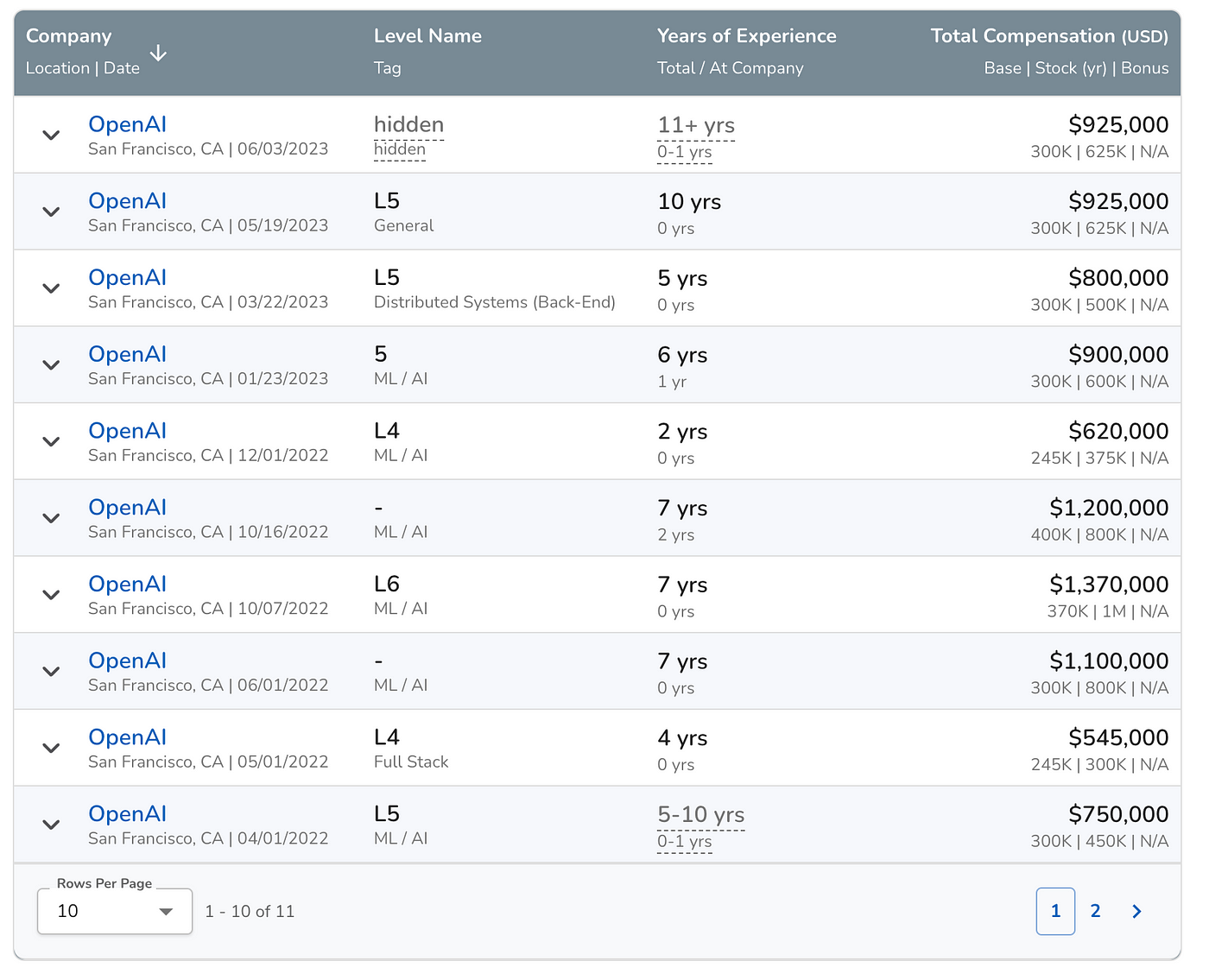How do OpenAI and xAI engineers salaries compare? - VnExpress
In August, a lawsuit was filed against OpenAI and its CEO, Sam Altman, alleging that the company offered "lavish compensation" to "starve competitors." To assess this claim, Business Insider analyzed wage data from H-1B visa applications submitted by both companies in 2024. These filings, required for hiring foreign workers on specialty visas, offer a rare insight into typically private compensation data and highlight the intense competition for AI talent.
xAI vs. OpenAI: A Comparison
xAI, initiated by Elon Musk in July 2023, is a smaller venture in comparison to OpenAI, which Musk co-founded in 2015. According to PitchBook, xAI has approximately 100 employees, whereas OpenAI boasts a workforce of 3,000. Visa filings indicate that xAI and OpenAI disclosed salary information for 10 and 86 positions, respectively, exceeding prevailing wages by 37% and 87%.

The prevailing wage, set by the Department of Labor, denotes the average compensation for a specific role in a particular geographic region. Employers hiring H-1B workers are obligated to pay at least the prevailing wage.
At xAI, salaries for the 10 positions ranged from $250,000 to $500,000 annually, with principal machine learning engineers earning the highest pay. On the other hand, OpenAI's salaries varied from $145,000 to $530,000. Notably, OpenAI, in certain instances, compensated technical staff at over three times the prevailing wage.
Legal Actions and Allegations
Despite the scrutiny, neither Musk, Altman, nor representatives from the companies responded to requests for comments. Bloomberg previously reported salary ranges for most OpenAI engineers, averaging $200,000-370,000 annually, with specialized roles potentially earning up to $450,000. Inclusive of bonuses, some employees' total compensation could reach up to $800,000.

Musk initially filed a lawsuit against OpenAI in March 2024, subsequently withdrawing it, only to refile in August. By November, his grievance expanded, alleging antitrust violations by OpenAI and accusing the company of pressuring investors to withhold funding from competitors. In December, Musk sought federal court intervention to impede OpenAI's transition from a non-profit to a for-profit entity.
OpenAI's Strategic Shift
Established in 2015, OpenAI has been gradually moving towards a for-profit structure to attract more investors. In October, the company concluded a funding round, elevating its valuation to $157 billion, as reported by Forbes.










